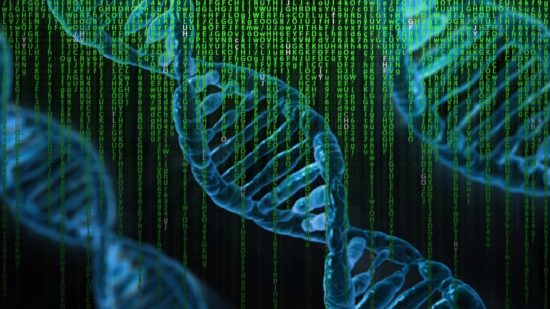Discordant bioinformatic predictions of antimicrobial resistance from whole-genome sequencing data of bacterial isolates: An inter-laboratory study
The authors found that participating laboratories produced discordant predictions from identical WGS data. These deficits, at the final analytical stage of using WGS to predict AMR, suggest caution when using this technology in clinical settings. Comprehensive public resistance sequence databases and standardisation in the comparisons between genotype and resistance phenotypes will be fundamental before AST prediction using WGS can be successfully implemented in clinical microbiology laboratories.
AMR NEWS
Your Biweekly Source for Global AMR Insights!
Stay informed with the essential newsletter that brings together all the latest One Health news on antimicrobial resistance. Delivered straight to your inbox every two weeks, AMR NEWS provides a curated selection of international insights, key publications, and the latest updates in the fight against AMR.
Don’t miss out on staying ahead in the global AMR movement—subscribe now!







